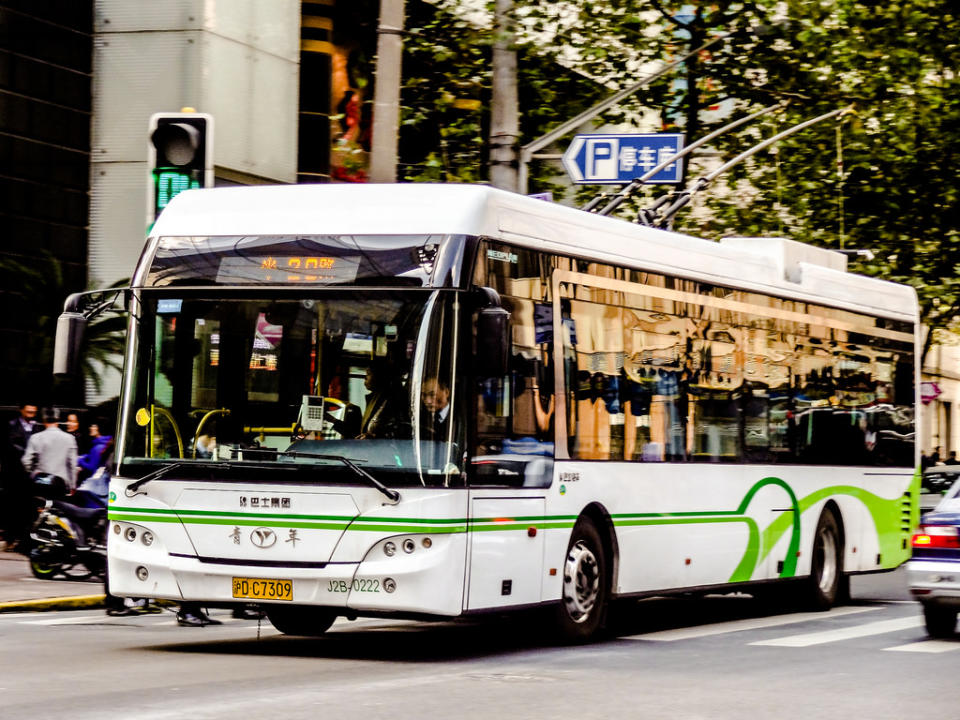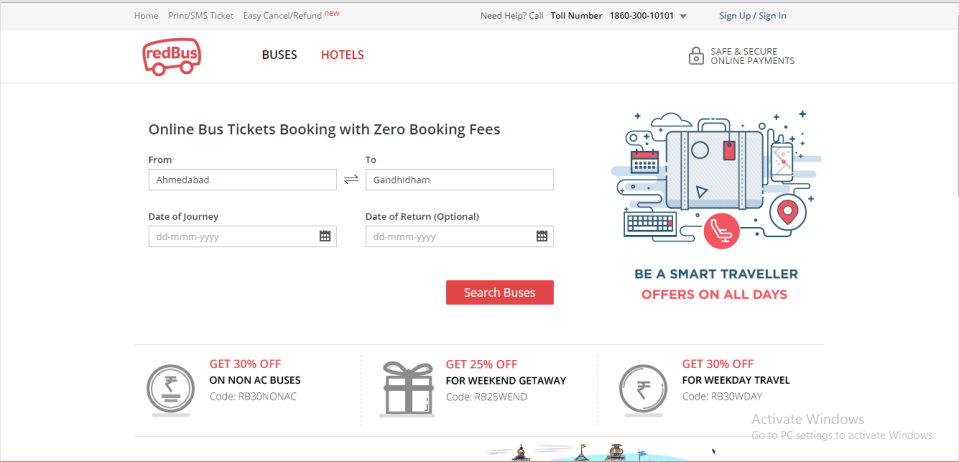Indian bus aggregator RedBus drives into Singapore and Malaysia

Bus transportation in many developing countries is unorganized to say the least. As a result, much of the booking happens offline at the bus operator’s physical ticketing counter. Indian startup RedBus shows it’s possible to enable real-time booking across a wide selection of bus operators.
Touted as one of the most innovative young web companies in the world, the firm brings together Indian bus companies in the digital space. Now, it’s eyeing opportunities abroad, namely Singapore and Malaysia.
“Ever since the acquisition, we have been working to build out the new global platform and mobile apps,” says Ashish Kashyap, founder and CEO of Ibibo Group, a firm which is backed by both Tencent and Naspers and acquired RedBus back in 2013.
In India, RedBus covers 67,000 bus routes. Now overseas, the startup has begun by aggregating 5,700 different routes in Singapore and Malaysia. This includes tickets between Singapore and Malaysia but also intercity tickets for destinations around Malaysia. On a daily basis, there are 100,000 seats available for sale on RedBus. The ticket booking can also be done in local currency – Singapore dollars or Malaysian ringgit.
See: How a Startup Improved the Bus System in India

Similar to India, bus operators in Malaysia most often sell tickets physically. The system is inefficient and prone to fraud because employees can misrepresent a bus’s fill rate and pocket the cash. Yet, operators still seem resistant to adopting technology due to familiarity with the old ways.
Though this presents a huge opportunity, RedBus is likely to face a tough competition from BusOnlineTicket, which not only sells tickets through its web portal and mobile apps, but also via the physical outlets of SingPost and S.A.M machines located throughout Singapore.
BusOnlineTicket also has a SaaS solution that enables ticketing, scheduling, and staff management. This is a lot like RedBus’s offerings called Bogds, a cloud solution for bus companies to manage operations, and SeatSeller, a global distribution system for travel agents to sell bus inventory. The other players in these markets include EasyBook and CatchThatBus.
The expansion to international markets comes at a time when RedBus has achieved a milestone in its domestic market. Currently, it claims a market share of a whopping three quarters. This growth also comes on the back of increasing mobile transactions and live tracking of buses. In India, RedBus also has access to exclusive inventory of government-run buses in weak markets, mainly in North India.
Much like the taxi aggregators, RedBus is acquiring customers through deep discounts. Given its funding muscle, it does have the capacity to eat up smaller home-grown players in the Southeast Asian markets it just entered.
This post Indian bus aggregator RedBus drives into Singapore and Malaysia appeared first on Tech in Asia.

 Yahoo Finance
Yahoo Finance 
